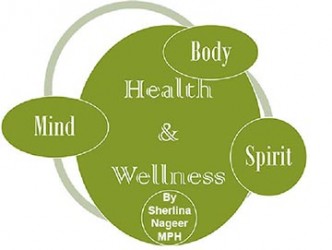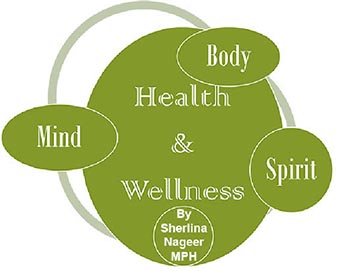Unbeknownst to many, an epidemic is destroying humanity. It’s particularly virulent in December – the season of ‘giving’. Now, more than other times of the year, the disease of over-consumption rages worldwide. The pressure is on to buy new curtains and decorations for the house, toys for the children, gifts for friends and family members. Buying things to demonstrate love and caring to other people is common practice, the world over. Consumption is also an inevitable feature of our world today. Nowadays, few people can truly, independently sustain themselves and their families. Even if one grows one’s own food, there would still be need to purchase other essential items from others. That’s not the problem; things become problematic when people start to consume above and beyond their basic needs. Of course, life is about more than just survival—it’s human to want to enjoy oneself—in fact this is key to our health and well-being. However, the problem occurs when consumption becomes excessive, when over-consumption corrupts ordinary human desire and makes people lose perspective about what is really important.
Over-consumption affects human and planetary well-being in numerous ways. It warps relationships between people and erodes our humanity, making us blind to the suffering our actions inflict on others. It poisons and destroys the natural world, making us forgetful of the things necessary for our very survival- clean water, air, and a balanced environment. It transforms wants into needs, promotes and normalizes exploitation, and creates systems where individuals hurt themselves, others, and the environment in a quest to accumulate more and more material goods, beyond those simply necessary for basic survival/enjoyment.

People infected by the virus of over-consumption are never satisfied; they always want more. They willingly submit to wage slavery, trading their time and often health and well-being for long and arduous work. Those who can, employ others to do the dirtier, more back-breaking tasks, caring little about their safety or well-being, and paying them less than livable wages.
Exploitation is rife, on multiple levels. Trees that produce the oxygen that is necessary for human life are cut down without a second thought. Water—another essential element of life—is poisoned by chemicals used to extract gold and other minerals from the ground, and by toxins used in various sorts of processing. Factories pollute the air we need to breathe as they produce items which, for the most part, we don’t need. Animals are hunted to extinction; their habitats razed for money-making purposes. Garbage—the remnants of products we consume—piles up.
Marketing and media are used to manipulate and create more desire and hunger for material goods in people’s minds, and to get people to over-consume. From a young age, people are fed messages—both blatant and subliminal—that success depends on accumulation. People suffer emotional anguish and social distress if they are not able to afford the most fashionable clothes, the most up-to-date gadgets, the newest vehicle, the biggest house. In this damaged world, the love of money trumps all, and no money often means no love.
Battles are fought and countless lives lost in the quest to control resources. Banditry becomes a way of life, with blue and white collar criminals abounding, from small time bicycle thieves to big time bankers, businesses, and corporations terrorizing people and communities worldwide. Even the systems that are supposed to protect become infected. Politicians—in Guyana and worldwide—are guided now not by concern for the well-being of their fellow people, nor by doing what’s best for society at large, but by corporate interests and greed, and by the base desire to amass as much as they can before they have to give up their hold on power. Social safety nets are shredded, people made poorer, and quality of life determined by one’s ability to pay. In this inequitable system, poor people are seen as inferior, with less access to goods, services, opportunities, power, rights, or recourse to justice.
All is not lost though; there is an antidote to the virus of over-consumption. Like any learned behaviour, it can be un-learned. Yes, that may require substantial effort and may earn one social censure for seemingly going against the grain of most of the rest of society, but reducing consumption is necessary and critical if humans are to survive on planet Earth. The current level of exploitation is unsustainable and cannot be maintained for much longer; already signs of environmental and social collapse are evident. What is needed at this juncture is an overhaul of our governance, educational, and economic systems, to one that is more equitable and life-sustaining. Relations between people must be re-built on grounds other than just economic; connections must be forged based on mutuality, sharing, and support. We must remember that in the web of life, everything is connected and we all need each other for survival. This holiday season and throughout the year, strive for better health and well-being by reducing over-consumption of material items and increasing quality time with others. Love and understanding are what we need more than shiny toys or trinkets, and justice and equity the only way for society to thrive.
Sherlina can be contacted with any questions or comments at ssnageer@yahoo.com.






